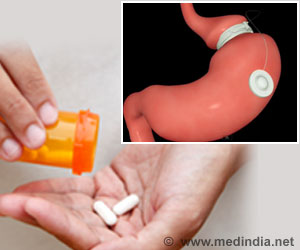A recent report says that a diet low in energy density (ED) improves weight loss and weight maintenance.

Investigators evaluated 17 studies of dietary ED and body weight in adults. Seven were randomized controlled trials (RCT), one was a non-controlled trial, and 9 were cohort studies. These studies were conducted in the United States, Brazil, Europe, France, Germany, The Netherlands, Denmark, and South Korea. Fifteen of the 17 studies offered evidence that linked diets lower in ED with improved weight loss or weight maintenance. In a number of the weight loss trials reviewed, lowering ED was most effective for promoting weight loss during the active intervention period, but some studies found that the benefit was not always sustained over time. The relationship between lower ED and improved weight maintenance, based on the cohort studies, was highly consistent.
Six prospective studies from the United States, United Kingdom, and Germany were included in the review of evidence on dietary ED and body weight in children and adolescents. Studies included normal weight and overweight boys and girls. The majority of studies showed a relationship between higher dietary ED and increased weight in children.
"While the mechanisms for the relationship between ED and weight have not been widely studied, it has been hypothesized that lowering ED can enhance satiety and contribute to reductions in calorie intake," explains Dr. Perez-Escamilla.
While the findings from this systematic review suggest that consuming diets lower in ED may be an effective strategy for managing body weight, Dr. Perez-Escamilla notes that there is a need for public health strategies to communicate what ED means and how it is associated with body weight. "Guidelines for how to estimate ED for different products based on food label information, how to decrease dietary ED, and how to sustain weight loss benefits using lower ED diets in the long term are needed," he concludes.
In an accompanying podcast Rafael Pérez-Escamilla, PhD, and Julie E Obbagy, PhD, RD, discuss the relationship between energy density and weight and its impact not only on adults, but also on children and adolescents.
Advertisement















